- Children in Arakan State face rising cases of pneumonia and flu
- Muslim militiamen flee junta camps in Sittwe amid oppression, discrimination
- Junta navy activities halt fishing in Thandwe
- Junta airstrike kills 21 POWs, family members at Kyauktaw detention centre
- Arakan Army seeks to expand territorial control in Sittwe
Arakan State residents facing hunger due to junta blockades
The battle for control of Arakan State, which began in November 2023 and is approaching its two-year mark, and the aftermath of the fighting has left the Arakan people suffering from severe poverty and hunger.
16 Oct 2025
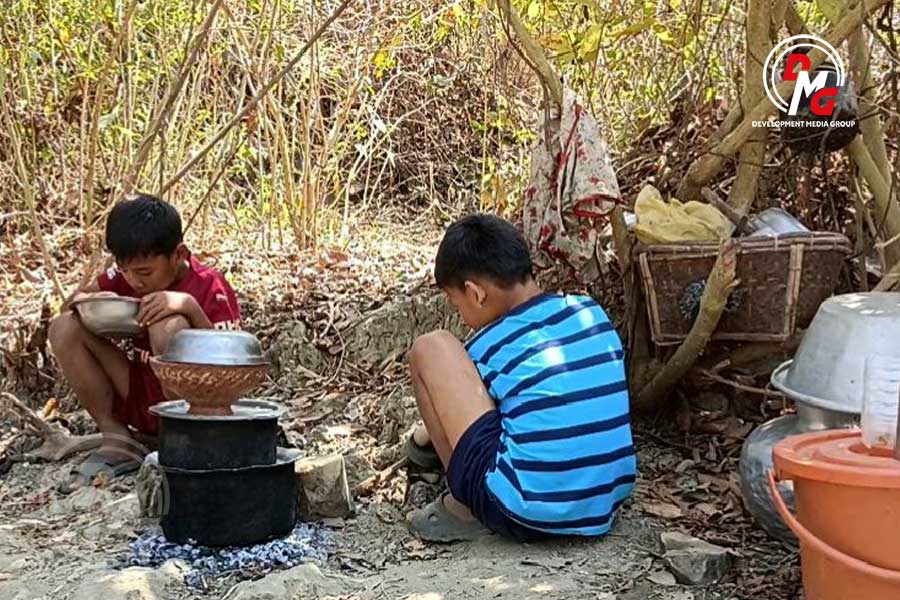
DMG Newsroom
16 October 2025, Mrauk-U
The battle for control of Arakan State, which began in November 2023 and is approaching its two-year mark, and the aftermath of the fighting has left the Arakan people suffering from severe poverty and hunger.
Since November 2023, Myanmar’s military regime has imposed a strict blockade on all trade routes from mainland Myanmar, citing the military conflict, resulting in significant challenges to food security and livelihoods.
“We are struggling to make ends meet. We can’t find any jobs. We come back with a sad face. We are depressed. We don’t have enough food and drink, so we can’t wear what we want, we can’t eat what we want. Life is like this,” said Daw Ye Mar Win, a displaced woman from Kyauktaw Township.
Local people in Arakan State are facing hunger and severe stressors due to rising prices and job shortages.
To meet food needs, merchants in Arakan State are struggling to transport goods from the Indian and Bangladeshi borders and mainland Myanmar.
Arakan State traders say that these routes are difficult, long, and time-consuming, which drives up prices.
Before the battle for Arakan State began in November 2023, the price of low-grade rice in Arakan State was K30,000 per sack, one litre of cooking oil K4,000, one viss of onion K2,000 and one viss of dried chili K9,000, according to DMG records.
Housewives said that they were able to eat enough for a family of four for around K7,000 per day for basic daily shopping expenses such as meat, fish, and produce.
Currently, one bag of low-grade rice costs over K70,000, a litre of cooking oil costs over K14,000, one viss of onion is over K10,000, and one viss of dried chili costs over K25,000. In addition, the prices of meat and fish have also increased about fivefold compared to before.
Daw Shwe Thein Hla from Mrauk-U Township said, “I have absolutely no ability to resolve family issues. I can’t even manage my own health. I have absolutely no ability to resolve family issues. Sometimes I want to commit suicide.”
The consequences of rising prices and food insecurity include malnutrition, debt, begging, school dropouts, depression, and suicide.
The United Nations’ World Food Programme (WFP) reported in August that 57 percent of households in central Arakan State are food insecure, and the situation is also worsening in northern Arakan State due to the blockade.
Despite UN agencies frequently reporting that Arakan State is facing an unprecedented disaster, local residents say that the aid provided on the ground is still far from meeting the needs.
A young man in Arakan State said, “The UN always issues concerns. They hold closed-door meetings. But in Arakan State, the people are going through a long period of general crisis.”




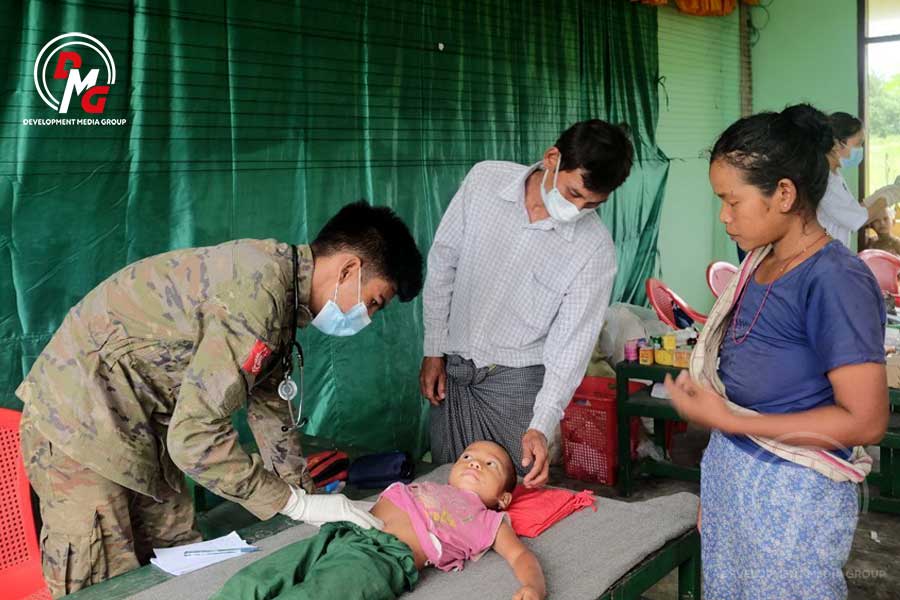
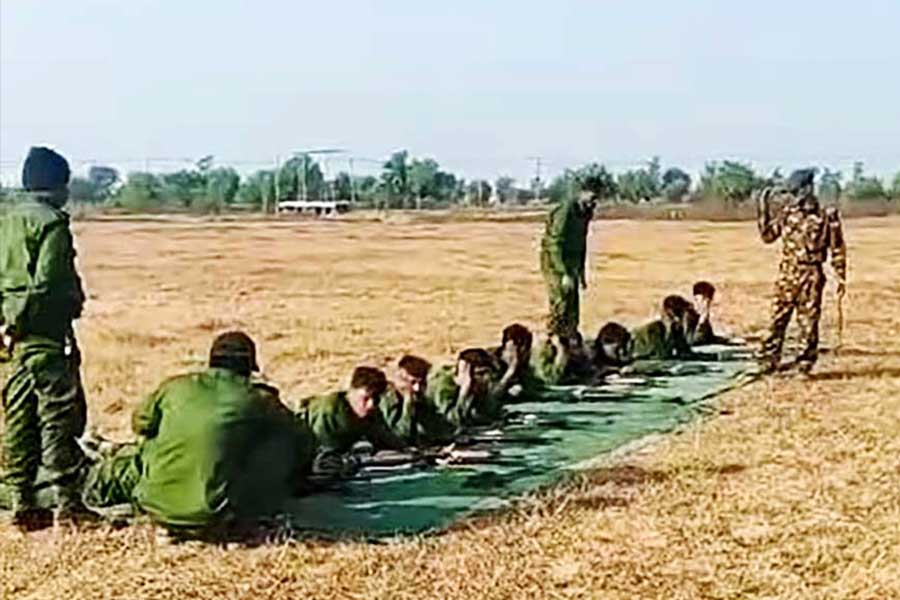
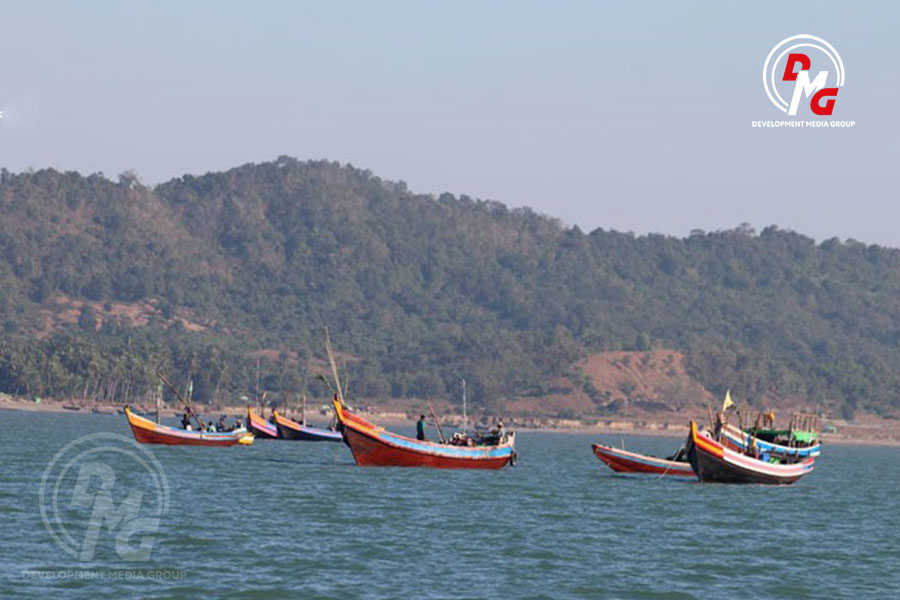
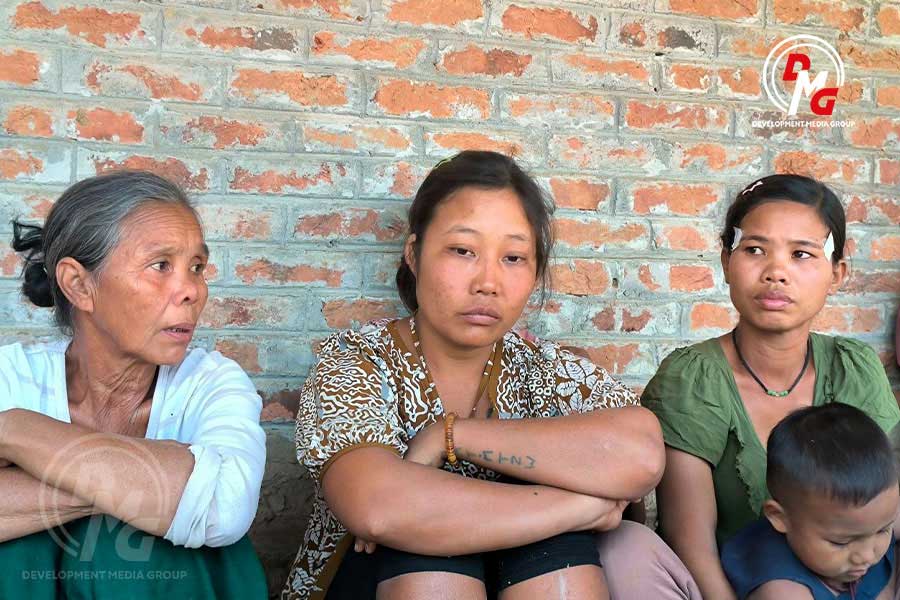
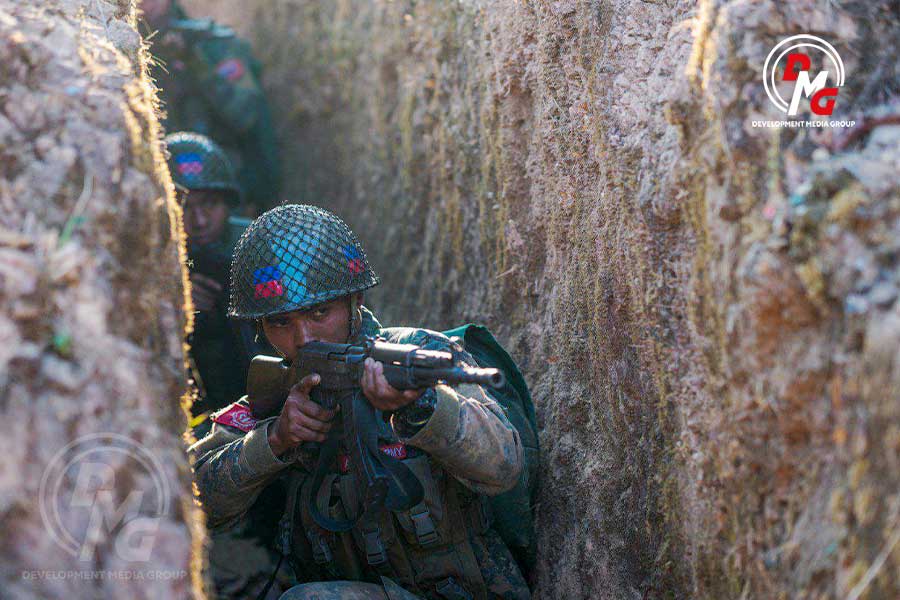






.jpg)

